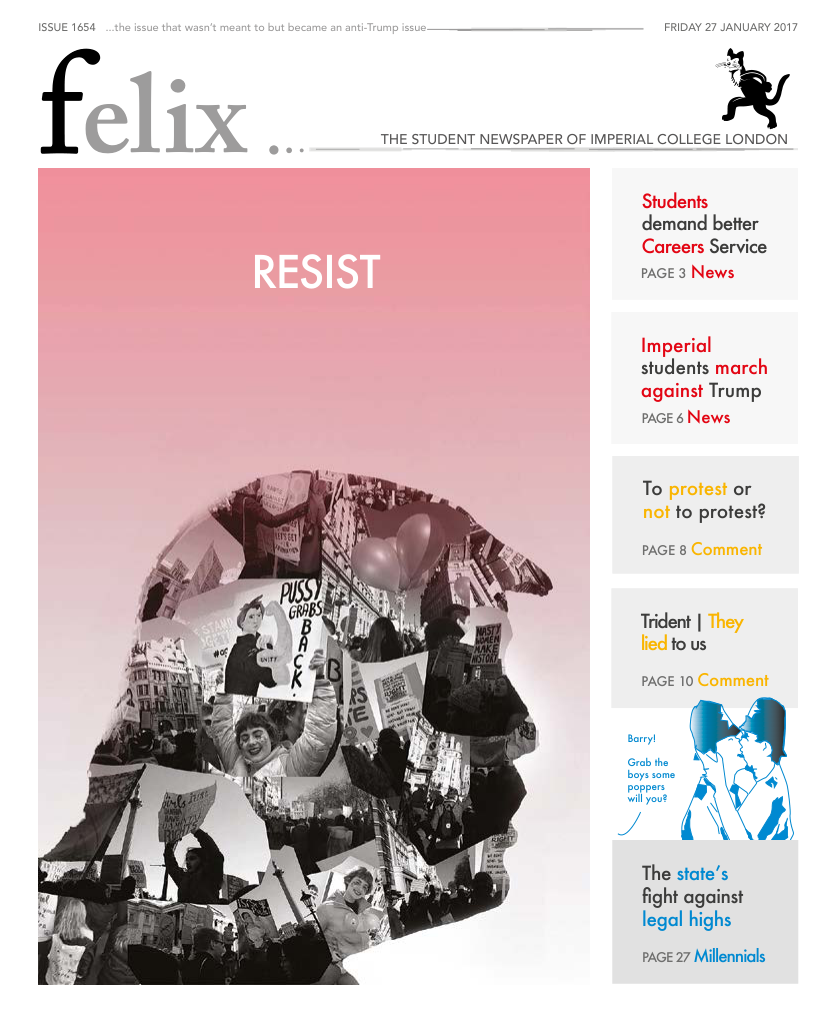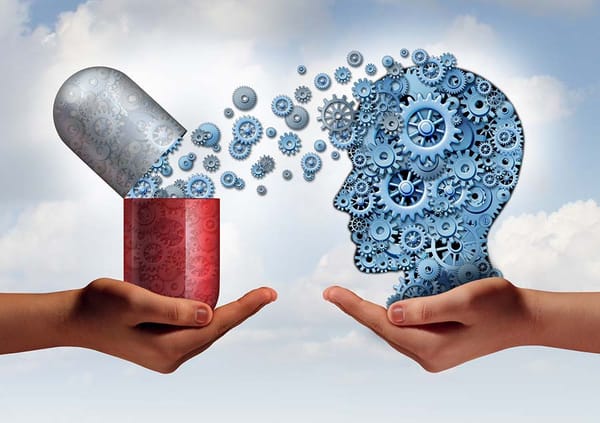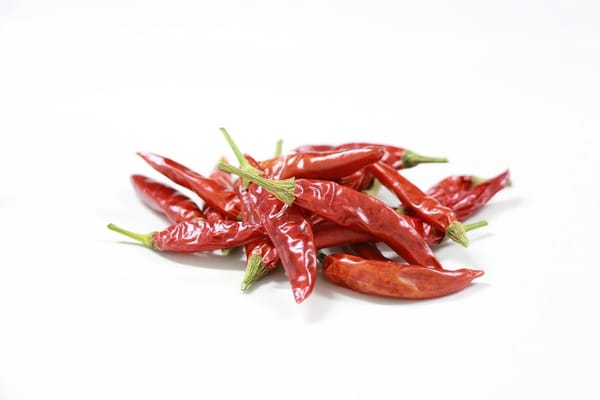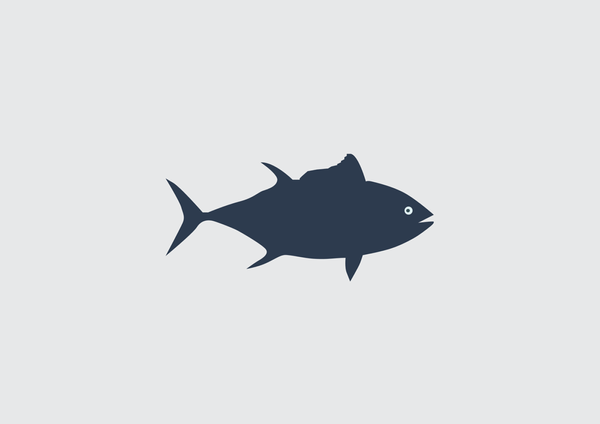Clean eating | The dirty truth
Alexandra Lim describes her thoughts, after watching a documentary on why clean eating is not as healthy as we think
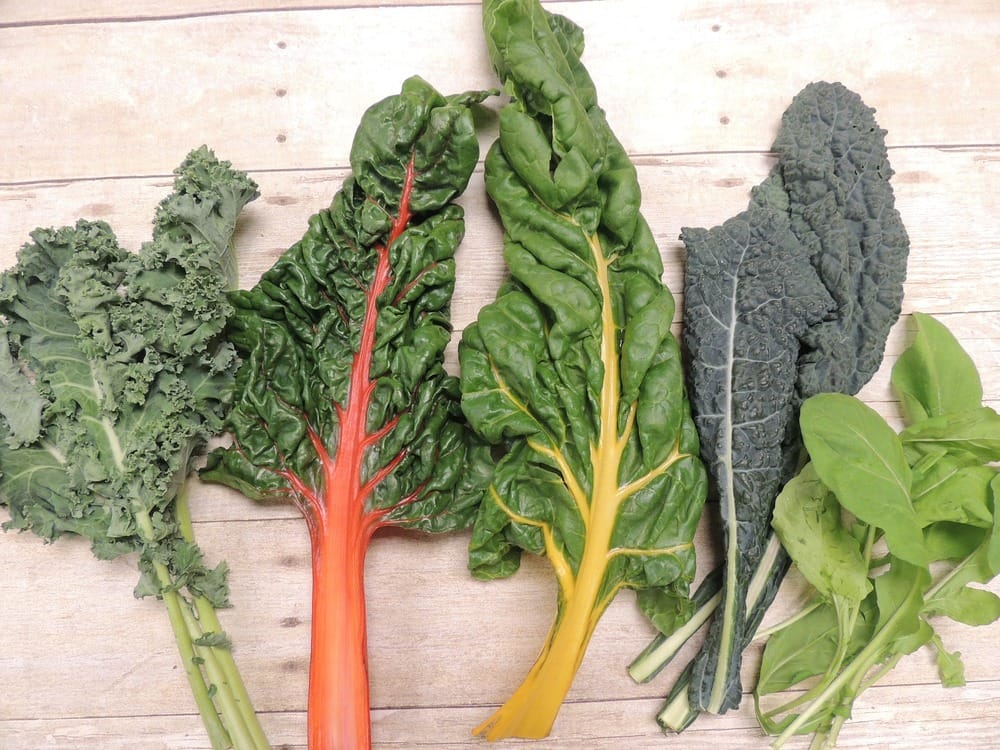
Sweet potato brownies, smoothie bowls, tofu cheesecake, courgette noodles. Call it, name it, it’s all out there. The crowned diet gurus so charismatically persuade you to convert to these superior versions. God forbid refined sugar. No dairy. No gluten. Capri-Sonne? What’s that? I don’t hate these things, and one of each healthy dessert category a week (give me a warmed vegan apple crumble cheesecake anytime, friend) could do my sweet tooth and insulin levels some good. Some may also turn to these options for ethical reasons, to avoid animal products. But something is a little fishy when trends become obsessions, and obsession turns into fear, and fear spurs total elimination of food groups. This health consciousness does have a rather ugly truth.
Just recently, I had the personal privilege of watching a pretty newly-released BBC documentary, hosted by the clever and amusing Giles Yeo, who sharply and fluidly shuts down all nonsensical nutrition theories promoted by today’s social media-cum-pseudo-health gurus such as the anti-grain Hemsley sisters, sweet-potato-head Deliciously Ella (Ella Woodward), and alkaline diet king Dr. Robert Young. I implore you all to watch the documentary yourselves for a more hard-hitting impact than my black and white words, but a few key points I did find intriguing and simple enough to relay right here.
Some diets are anti-intellectual, anti-fact and anti-evidence based
Let’s start with the alkaline diet, championed by Dr Young. He proposes the idea that more alkaline foods such as most fruits and vegetables, soybeans and tofu, will balance the pH of our slightly acidic blood, all in the context of disease supposedly being down to the environment in which the bacteria are in, not the pathogen itself. Effectively, this is a big slap in the face to the founders of the germ theory of disease, such as Pasteur and Koch, who acknowledged the bacteria or virus as the causative agents, not the environment. This sounds slightly horrific in the context of science and medicine, as it is germ theory which forms the platform of our biomedical understanding. Yeo called it ‘anti-intellectual, anti-fact and anti-evidence based’.
Another popular diet nowadays is the gluten-free diet, which only has an effect if you’re born with coeliac disease, or an intolerance to this particular food group. Gluten itself is the main protein of wheat, and proponents of this diet such as the sparkly Hemsley sisters argue that gluten increases inflammation and enhances all sorts of nasty infections. The science behind this? Dr. Yeo went behind the scenes to meet scientists researching this effect. The idea is that gluten creates gut permeability thanks to its protein component, ‘gliadin’, and this consequently allows more foreign substances through, enhancing infection infiltration and sustained inflammation. Though it does make sense, this, once again, is not properly scientifically backed, and you may already be born with a leakier gut, a faulty immune system, or simply have a genetic predisposition to intolerance of gluten.
Current nutrition advice is too far stemmed. Maybe you should relax with a real brownie, and see how it actually affects your body
Oh, and the whole no-grain fad? Dr. William Davis, author of Wheat Belly, argues that a completely grain-free diet supports a healthy immune system since there are apparent connections between grain and some auto-immune diseases. However, gastroenterologist Alessio Pasano, who ironically inspired Dr. Davis with some of his studies in the first place, does not agree. In fact, the popularized book ‘Grain Brain’ argues that less than 50g of carbohydrates a day could have a positive effect on a whole host of diseases such as tourette’s, ADHD, mood disorders and epilepsy.
I hate to admit it, but this is the zenith of unnecessary harm. All around us there are just scintillas of truth. The current proliferation of too much and too far should be stemmed, and maybe you should put your feet up and relax with a real brownie. If you’re one of those who feel anxiety around a piece of cake, acknowledge the fear, but try and see how these foods actually effect your body, as everyone is different. Think about what’s really wrong here: your choice, or false information?Oh, and the whole no-grain fad? Dr. William Davis, author of Wheat Belly, argues that a completely grain-free diet supports a healthy immune system since there are apparent connections between grain and some auto-immune diseases. However, gastroenterologist Alessio Pasano, who ironically inspired Dr. Davis with some of his studies in the first place, does not agree. In fact, the popularized book ‘Grain Brain’ argues that less than 50g of carbohydrates a day could have a positive effect on a whole host of diseases such as tourette’s, ADHD, mood disorders and epilepsy.
I hate to admit it, but this is the zenith of unnecessary harm. All around us there are just scintillas of truth. The current proliferation of too much and too far should be stemmed, and maybe you should put your feet up and relax with a real brownie. If you’re one of those who feel anxiety around a piece of cake, acknowledge the fear, but try and see how these foods actually effect your body, as everyone is different. Think about what’s really wrong here: your choice, or false information?

